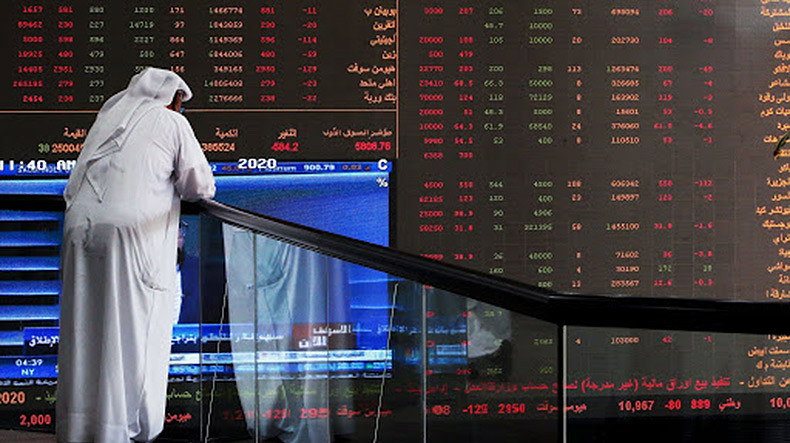
Oil prices collapse with biggest drop since 1991 Gulf War
Oil prices on Monday fell by 30%, the greatest fall since the 1991 Gulf War, after Saudi Arabia decided to slash prices on its inventory.
The move was widely seen as a reaction to Russia's refusal to cut its oil production, DW reports. During a meeting of the Organization of Petroleum Exporting Countries (OPEC) last week, Russia said it would not go along with members' efforts to stabilize the market by cutting production.
The oil market has seen major price swings due to fears of dwindling demand due to the global spread of COVID-19. The OPEC+ meeting, which includes Russia, was supposed to agree to cuts of 1.5 million barrels per day. Russia's refusal to cut supply resulted in what some are describing as a price war. Saudi Arabia has taken drastic measures after Russia refused to comply with OPEC efforts to stabilize the market.
The economic fallout of the coronavirus outbreak is cutting deep into global demand for fossil fuels. Oil prices on Monday fell by 30%, the greatest fall since the 1991 Gulf War, after Saudi Arabia decided to slash prices on its inventory. The move was widely seen as a reaction to Russia's refusal to cut its oil production.
During a meeting of the Organization of Petroleum Exporting Countries (OPEC) last week, Russia said it would not go along with members' efforts to stabilize the market by cutting production. The oil market has seen major price swings due to fears of dwindling demand due to the global spread of COVID-19. The OPEC+ meeting, which includes Russia, was supposed to agree to cuts of 1.5 million barrels per day.
Russia's refusal to cut supply resulted in what some are describing as a price war. Saudi Arabia, the world's biggest oil exporter, is trying to hit back at Russia, according to analysts. Although Russia is not a member of OPEC, it is a key fellow exporter and typically an ally to the group. Some OPEC members have insisted on non-OPEC allies, such as Russia, make similar production cuts. Brent crude futures fell by 30% to $31.02 per barrel.
It showed a slight recovery to $36.06, a drop of 20%. The current supply deal between OPEC and Russia expires in March. Saudi Arabia plans to boost crude output above 10 million barrels per day, and also slashed its April official selling prices by $6 to $8. On Monday, stock markets plunged owing to coronavirus fears and the free fall in oil prices.
Newsfeed
Videos






























